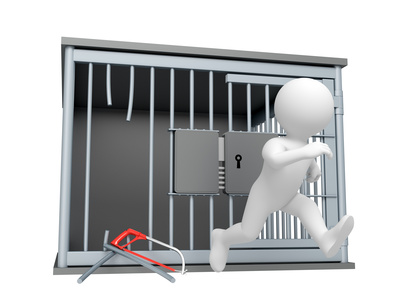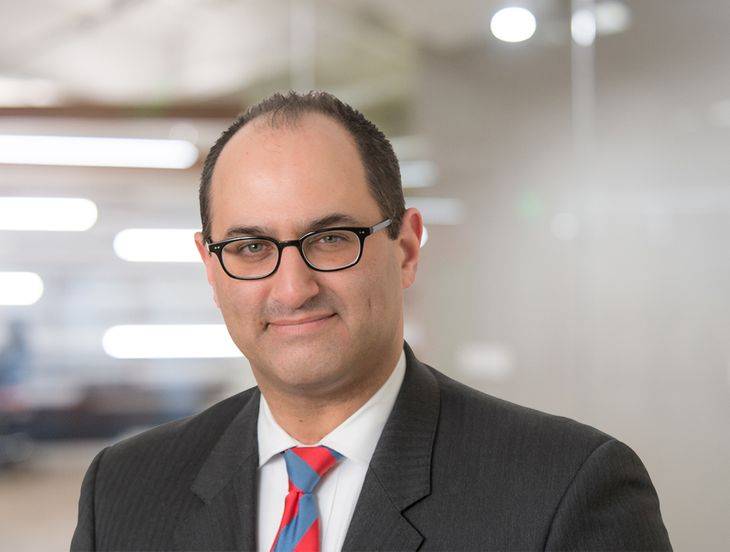2nd Circuit Reverses Economic Espionage Conviction, Then Steps Back
Insights
2.29.12

This blog has previously covered the arrest, prosecution and trial of Sergey Aleynikov, the former employee and computer programmer of the Goldman Sachs Group accused and convicted of misappropriating computer source code from Goldman. After being convicted by a federal jury, Aleynikov was sentenced to eight years in prison.
The most recent turn of events in Aleynikov’s case, however, suggest that the most interesting aspects of this case are yet to be determined. In the past few days, Aleynikov’s case took not one, but two surprising turns. On February 16, 2012 -- one day after it heard oral argument on appeal -- the 2nd Circuit issued an order that reversed Aleynikov’s conviction and directed the district court to enter a judgment of acquittal. One day after that, an apparently free man, Aleynikov was dealt an unusual hand by the same appellate judges who freed him: the 2nd Circuit rescinded the order that freed and acquitted Aleynikov and issued a second order which confirmed Aleynikov’s freedom but did not direct the trial court to enter a judgment of acquittal.
These events beg the question of whose nights would be worse: the prisoner who dreams of acquittal or the recently freed man who tosses and turns over why a court took the trouble to reverse his conviction but decide acquittal was not appropriate? For those not drawn to the drama of the Aleynikov case, the greater intrigue probably lies in the appellate court’s forthcoming opinion in support of its two orders. There has been comprehensive coverage of these two orders in the mass media, and the attention is deserved. But the real story lies in how the appellate court reached its decisions to reverse the jury’s conviction and its own decision just one day earlier that Aleynikov’s acquittal was the appropriate step. In the 2nd Circuit’s opinion we might also gain insight into the future of the Economic Espionage Act, at a time when employee defection and trade secrets cases increasingly involve the unauthorized use of employer-issued computers, electronic devices and electronically stored information and assets. And only then will Aleynikov know how he should feel about his Valentine from the 2nd Circuit.
Copies of the February 16 and 17, 2012 orders issued by the U.S. Court of Appeals for the 2nd Circuit appear below in .pdf format.
Brent Cossrow is a partner of Fisher Phillips, and a member of the firm’s Employee Defection & Trade Secrets Practice Group. Mr. Cossrow's practice focuses on e-discovery and other electronically stored information issues. As always, please feel free to share your thoughts and questions in the comment space below. Mr. Cossrow has written previously about the Aleynikov case in this blog, Risk Management Magazine (.pdf copy below) and has been interviewed about the case as well.
Related People
-
- Brent A. Cossrow
- Regional Managing Partner
